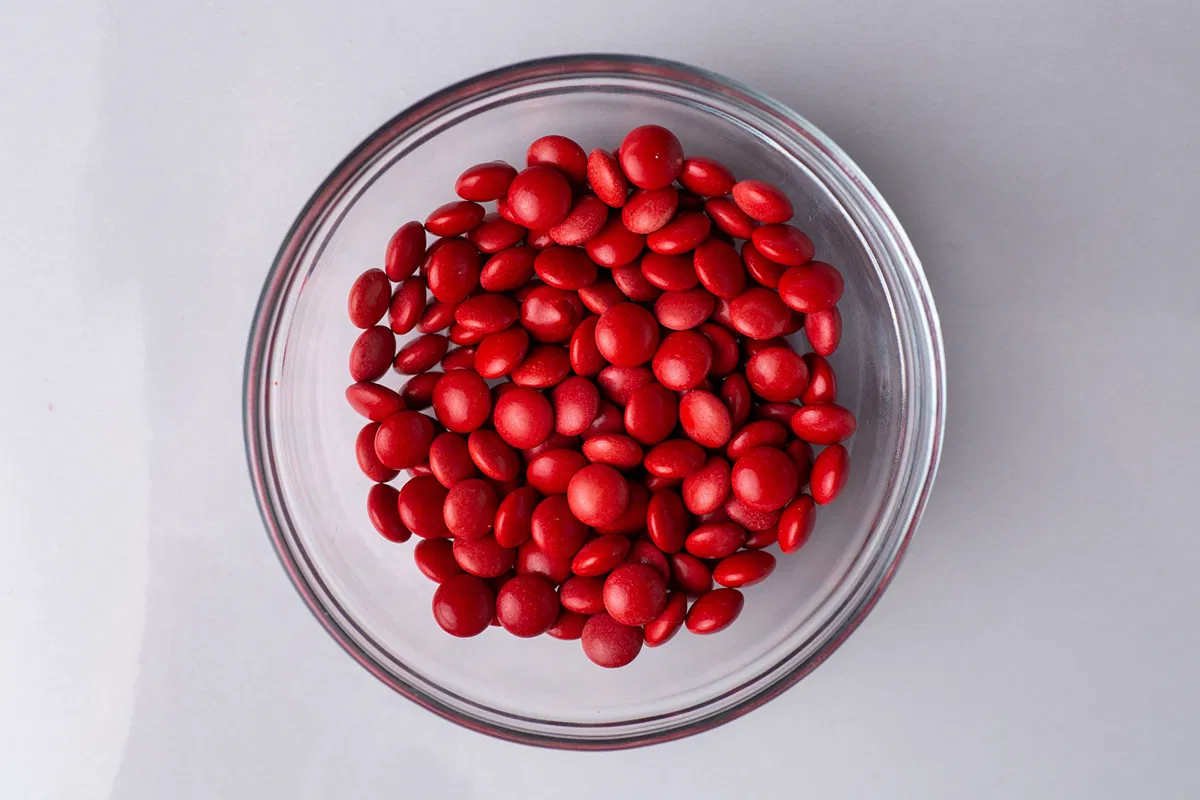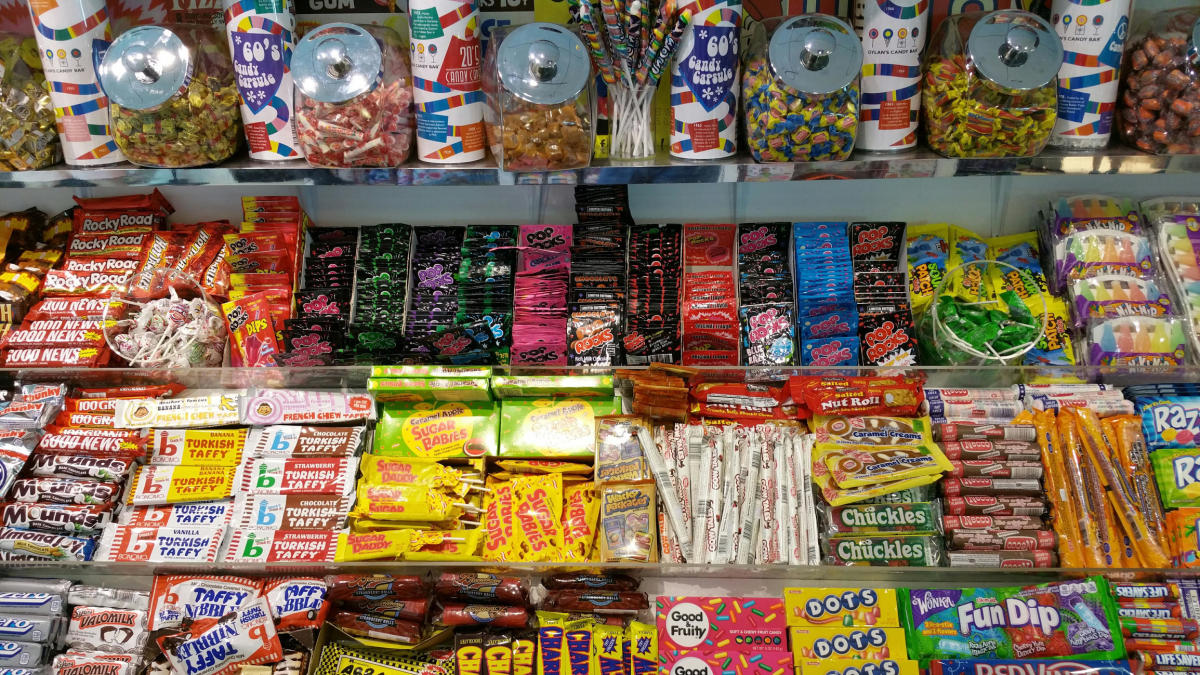A new bill proposed in California aims to ban five chemicals commonly found in candies and snack foods—chemicals that are already banned in the European Union—due to concerns about their potential dangers to consumers.
AB 418, sponsored by Democratic California Assemblymembers Jesse Gabriel and Buffy Wicks, targets Red Dye No. 3, titanium dioxide, potassium bromate, brominated vegetable oil, and propylparaben.
The bill would prohibit the manufacture, sale, or distribution of any food product in California containing these ingredients.
In the U.S., these ingredients are present in a variety of processed foods, including breakfast cereals, candy, soda, cottage cheese, and trail mix. Gabriel, in a press release, asserted that the targeted substances can be toxic for consumers.
“Californians shouldn’t have to worry that the food they buy in their neighborhood grocery store might be full of dangerous additives or toxic chemicals,” Gabriel said.
“This bill will correct for a concerning lack of federal oversight and help protect our kids, public health, and the safety of our food supply.”
The E.U. prohibits the use of these chemicals in food “due to scientific studies that have demonstrated significant public health harms, including increased risk of cancer, behavioral issues in children, harm to the reproductive system, and damage to the immune system,” Gabriel added.
The lawmakers’ statement also discussed how these chemicals are used and why they are approved in the U.S., despite being banned in other countries.

“Currently, there are thousands of chemicals added to food to make it last longer, taste better, and appear more enticing,” the news release said.
“Shockingly, most of these chemicals have never been independently evaluated by the Food and Drug Administration (FDA) or were last reviewed decades ago.”
These chemicals are allowed in U.S. food because of the “GRAS” rule, which stands for “Generally Recognized As Safe.” Typically, the FDA requires all food additives to be reviewed before they can enter the country’s food supply.
But GRAS allows manufacturers to bypass the reviews if the food additive in question is “generally recognized, among qualified experts, as having been adequately shown to be safe under the conditions of its intended use.”
Gabriel said that because of this rule, “chemical companies have added new substances to the food supply with almost no meaningful federal oversight.”
Supporters of the bill have noted that some products with these specific food additives omit them when sold in other countries.
“Why are these toxic chemicals in our food?” asked Susan Little of the Environmental Working Group.
“It makes no sense that the same products food manufacturers sell in California are sold in the E.U. but without these toxic chemicals.” If the bill passes, California would be the first and only state to ban foods with these specific additives.







Leave a Reply